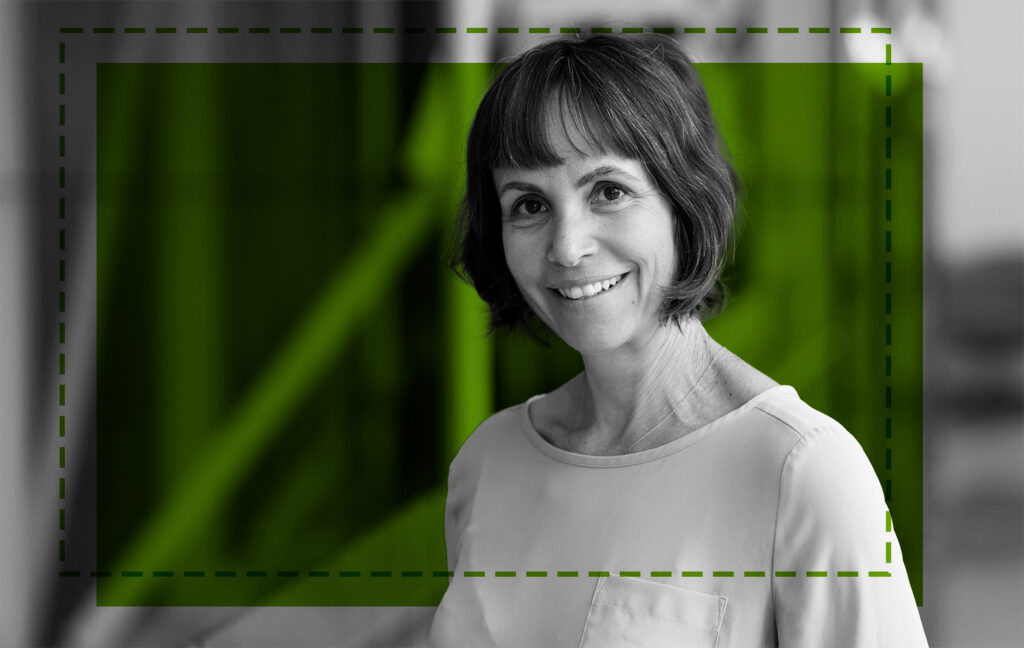5 December 2023 – When Einat Segev was working as a young tour guide in Israel, she happened upon the remains of some tiny creatures hidden amongst the country’s dramatic landscapes. “I have always been impressed by the amazing views in Israel, especially in the south where you can literally see the geological action that took place,” says Segev, who is a group leader at the Weizmann Institute of Science in Rehovot. “And if you get up close to the rocks, you can find tiny fossils that played a big role in the ancient history of the region. They come together to tell this incredible story about Israel’s past and this led me to want to become a natural scientist.”
This interconnection between grand and small scales is reflected in Segev’s research into the biogeochemistry of interactions between microalgae and bacteria in the ocean. “Microbial interactions directly influence the carbon balance in the upper ocean and therefore our atmosphere,” she says. “These interactions are foundational to marine food webs, playing a vital role in sustaining marine life. Given their sensitivity to climate change, understanding these dynamics is crucial for addressing broader ecological challenges. Ultimately, I want to develop a “blueprint” of interactions that spans molecular details to global scale phenomena, and enable the translation of laboratory findings to studies in the environment with a particular focus on habitats affected by climate change.
“I have long drawn inspiration from a group of colleagues who are also my friends: warm, friendly interactions that foster a natural sense of community. Similarly, as an EMBO Young Investigator, I would like to connect with people from different scientific disciplines, searching for common interests where our collaboration can push science forward through shared synergy. “I’m excited and proud about becoming an EMBO Young Investigator, particularly as an Israeli scientist: this positive news comes during very challenging times that have had a significant impact on me and many others in the region.”



